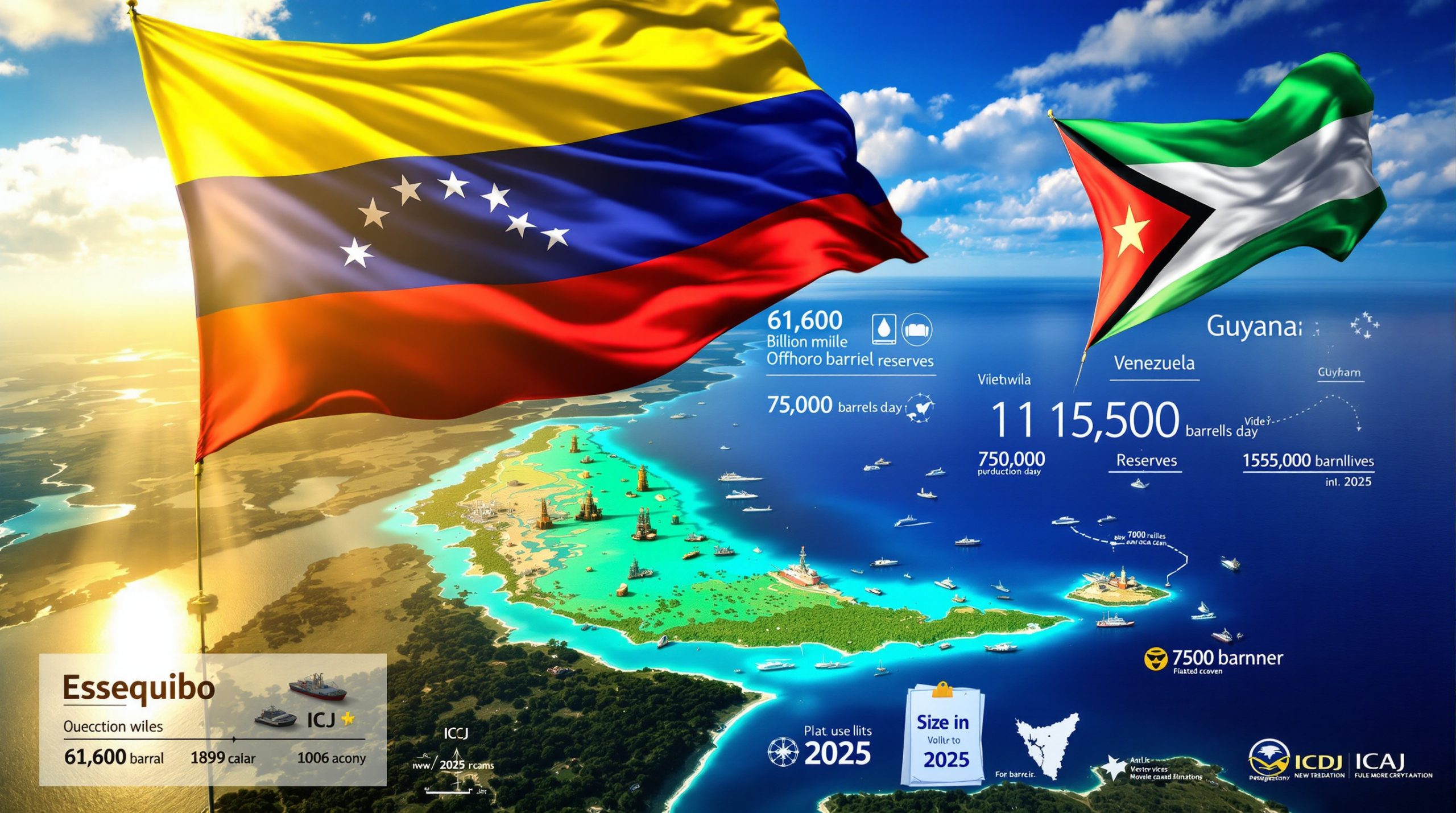Understanding Mexico's Massive Energy Support Initiative
Mexico has dramatically expanded its fuel assistance to Cuba, delivering over $3 billion worth of subsidized petroleum products between May and August 2025. This unprecedented four-month surge represents a threefold increase compared to approximately $1 billion in fuel support provided over the previous two years combined. The program operates through Gasolinas Bienestar, a specialised subsidiary of Mexico's state oil company Pemex, highlighting the strategic significance of this bilateral energy partnership.
The scale of this initiative extends far beyond typical trade relationships. At least 58 documented shipments departed from Mexican coastal facilities during this period, carrying diverse petroleum products including refined gasoline, diesel fuel, and crude oil. This massive logistical undertaking positions Mexico as Cuba's primary energy lifeline during one of the island nation's most severe energy crises in recent decades.
The timing coincides with broader global oil market dynamics, as WTI crude traded at $58.44 and Brent crude at $62.08 in mid-October 2025, both experiencing significant downward pressure from oversupply concerns and geopolitical tensions.
Complex Maritime Operations Behind the Fuel Transfers
The fuel delivery system involves sophisticated maritime logistics coordinated between key Mexican ports in Veracruz and Tamaulipas and Cuban refineries. Each shipment requires specialised tanker vessels capable of handling different petroleum product grades whilst maintaining consistent delivery schedules despite potential weather disruptions or international political pressures.
The primary Cuban recipient, Coreydan S.A., operates as a state-owned importing entity with direct connections to Cuba's national oil company CUPET. This streamlined arrangement facilitates efficient distribution across Cuba's energy infrastructure, though the specific operational details remain largely undisclosed by both governments.
Key operational challenges include:
• Continuous port availability and customs processing
• Maritime route optimisation for consistent delivery
• Specialised vessel requirements for different fuel grades
• Weather-related scheduling adjustments
• Coordination between multiple government entities
The complexity of these operations demonstrates Mexico's commitment to maintaining reliable energy supplies to Cuba, regardless of logistical hurdles or international scrutiny.
Mexico's Emergence as Cuba's Primary Energy Partner
Mexico's expanded fuel programme directly addresses Cuba's severe energy shortages, which have resulted in widespread electrical blackouts affecting essential public services across the island. The consistent delivery schedule and subsidised pricing structure make Mexican fuel particularly attractive compared to alternatives from traditional partners experiencing their own supply challenges.
This supply relationship has elevated Mexico to become Cuba's dominant crude oil provider, surpassing other international suppliers despite Cuba's historical energy partnerships with various nations. The reliable flow of Mexican petroleum products has become essential for maintaining basic electricity generation and transportation fuel availability in Cuban cities.
Strategic advantages of Mexican supply:
• Geographic proximity reducing transportation costs
• Consistent availability despite global market volatility
• Subsidised pricing below international market rates
• Established diplomatic relationships supporting continuity
• Reliable delivery schedules regardless of weather conditions
Furthermore, the transformation reflects broader shifts in Latin American energy cooperation, with Mexico leveraging its oil production capabilities to strengthen regional diplomatic ties whilst addressing humanitarian energy needs.
Financial Impact on Mexico's State Oil Company
Pemex has reported losses exceeding 5.8 billion pesos directly attributed to subsidised fuel deliveries to Cuba, representing significant strain on Mexico's state oil company. These financial impacts translate to approximately $330-350 million USD based on current exchange rates, creating substantial pressure on an entity already facing various operational and financial challenges.
The $3 billion fuel subsidy programme exceeds spending levels for several major Mexican government sectors, raising questions about resource allocation priorities. This massive expenditure occurs whilst Mexico faces its own domestic fuel supply challenges and infrastructure development needs.
| Financial Category | Amount (USD) | Impact |
|---|---|---|
| Direct Subsidies | $3+ billion | Revenue reduction |
| Reported Losses | $330-350 million | Operational strain |
| Opportunity Costs | Undisclosed | Domestic market effects |
The scale of financial commitment reflects Mexico's prioritisation of regional diplomatic relationships and humanitarian concerns over immediate economic returns. However, the sustainability of such massive subsidies remains questionable given Pemex's existing financial obligations and Mexico's broader economic priorities.
Sanctions Complications and Diplomatic Risks
Several fuel shipments have utilised vessels previously sanctioned by the U.S. Office of Foreign Assets Control (OFAC), creating complex diplomatic and legal considerations. The oil tanker Sandino, blacklisted since 2019 for transporting Venezuelan petroleum to Cuba, continued operating shipments from Mexican ports throughout 2025, demonstrating Mexico's willingness to navigate international sanctions.
Using sanctioned vessels introduces potential diplomatic tensions with the United States whilst showcasing Mexico's commitment to maintaining energy cooperation with Cuba despite international pressure. These operational decisions reflect broader geopolitical calculations about regional sovereignty and bilateral relationship priorities.
Sanctions-related challenges:
• Legal complications with U.S. financial institutions
• Potential diplomatic friction with Washington
• Limited vessel availability for compliant operations
• Insurance and financing difficulties for shipments
• Increased operational costs due to restricted options
Consequently, the sanctions landscape adds layers of complexity to an already intricate logistical operation, requiring careful legal navigation whilst maintaining consistent fuel deliveries to Cuba.
Payment Structure Transparency Concerns
Pemex has declined to disclose detailed payment structures or barter arrangements governing fuel deliveries, citing national security considerations. This lack of transparency prevents comprehensive assessment of whether Cuba provides equivalent value through alternative compensation methods such as medical services, agricultural products, or other bilateral trade arrangements.
Historical Cuba-Mexico relations suggest possible non-monetary compensation through professional services, particularly in healthcare and education sectors where Cuba maintains recognised expertise. However, without official disclosure, the actual financial terms remain speculative, complicating public understanding of the programme's true economic impact.
Potential compensation models:
• Medical professional services and training programmes
• Educational expertise and academic exchanges
• Agricultural products and food commodities
• Tourism and cultural cooperation agreements
• Technical assistance in various sectors
In addition, the opacity surrounding payment arrangements raises questions about accountability and public oversight of this massive government expenditure, particularly given the scale of resources involved.
Domestic Energy Security Trade-offs
Mexico's substantial fuel exports to Cuba occur despite domestic fuel shortages affecting Mexican consumers and businesses in various regions. This situation creates tension between international solidarity commitments and domestic energy security priorities, particularly in areas experiencing supply disruptions or pricing volatility.
The diversion of significant fuel volumes to Cuba potentially affects domestic pricing and availability, though Pemex has not released comprehensive analysis of these market impacts. For instance, some Mexican regions have reported fuel supply inconsistencies whilst billions of dollars worth of petroleum products flow to Cuba.
Domestic impact considerations:
• Regional fuel availability variations
• Pricing effects on Mexican consumers
• Infrastructure maintenance delays
• Reduced domestic strategic reserves
• Competition between export and domestic priorities
Oil price movements have created additional challenges for Mexican domestic markets, as the balance between international assistance and domestic needs reflects complex policy decisions about resource allocation during challenging economic times.
Regional Energy Cooperation Implications
Mexico's massive fuel subsidy programme establishes new benchmarks for regional energy cooperation, potentially influencing similar arrangements with other Latin American nations facing energy challenges. The scale and consistency of support demonstrate Mexico's capacity for sustained international energy assistance beyond traditional commercial relationships.
This initiative occurs within a broader context of shifting global oil markets, where recent analysis suggests that the OPEC production impact could create persistent surplus conditions. Furthermore, concerns about oil price stagnation have emerged due to various geopolitical factors affecting regional energy dynamics.
Long-term strategic considerations:
• Precedent for future regional energy partnerships
• Mexico's role as a regional energy security provider
• Potential expansion to other Latin American nations
• Integration with broader diplomatic initiatives
• Adaptation to changing global energy markets
Future programme developments will likely depend on Cuba's evolving energy situation, Mexico's domestic needs, and changing international political dynamics, including the current U.S. administration's approach to Latin American energy cooperation.
What Are the Broader Market Implications?
The Mexico-Cuba fuel programme unfolds against a backdrop of significant global oil market uncertainty. The International Energy Agency (IEA) has trimmed demand growth outlook to around 700,000 barrels per day for both 2025 and 2026, whilst raising supply projections and warning of larger-than-expected surplus conditions.
Global oil inventories climbed by 17.7 million barrels in August to a four-year high of 7.909 billion barrels, with oil-in-transit surging by 102 million barrels in September as Middle East and Americas exports expanded. These market conditions provide context for understanding the economic implications of Mexico sends $3 billion in subsidized fuel to Cuba.
Current market pressures include:
• Rising OPEC+ supply from Saudi Arabia, Iraq, and UAE
• Some Gulf producers increasing exports by nearly 400,000 barrels per day since September
• U.S.-China trade tensions affecting global demand projections
• Weakening industrial data from major consuming nations
• Strengthening dollar pressuring commodity prices
However, recent developments suggest that an OPEC production surge could further complicate these market dynamics, potentially making the financial burden of Mexico's substantial subsidies more challenging to sustain.
How Sustainable Is This Energy Partnership?
The long-term viability of Mexico's fuel subsidy programme depends on various factors including global oil prices, domestic political priorities, and Cuba's ability to address its underlying energy infrastructure challenges. According to Financial Post analysis, the programme represents one of the largest bilateral energy assistance initiatives in recent Latin American history.
Mexican President Claudia Sheinbaum's administration has maintained the programme despite criticism from opposition parties and concerns about domestic energy needs. The decision reflects Mexico's broader foreign policy approach emphasising regional solidarity and humanitarian assistance, particularly during periods of crisis.
Recent reports from OilPrice.com indicate that the programme's scale has surprised many industry analysts, who initially expected smaller-scale assistance rather than this massive undertaking. The sustained commitment demonstrates Mexico's strategic calculation about regional influence and diplomatic relationships.
Disclaimer: This analysis is based on publicly available information and industry reports. Oil market conditions and bilateral energy relationships can change rapidly. Readers should consult current financial and political developments when evaluating ongoing energy cooperation programmes.
Could Mexico's Energy Support Reshape Regional Investment Opportunities?
Mexico's $3 billion fuel subsidy programme to Cuba demonstrates the scale of energy cooperation reshaping Latin American markets. Discovery Alert's proprietary Discovery IQ model delivers real-time alerts on significant mineral discoveries across the ASX, instantly empowering subscribers to identify actionable opportunities ahead of the broader market and capitalise on emerging trends in global commodity sectors. Begin your 30-day free trial today at Discovery Alert and secure your market-leading advantage.




